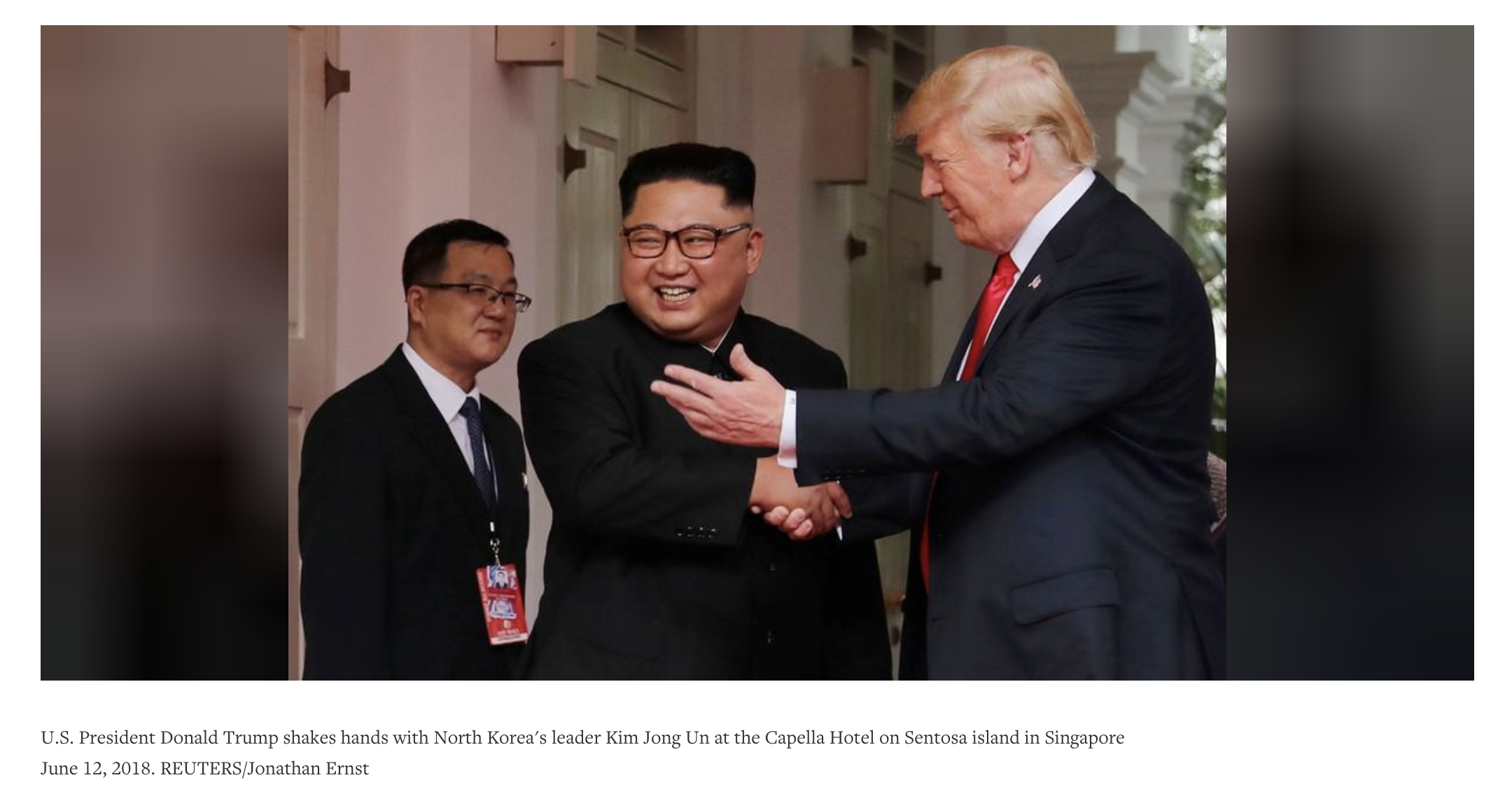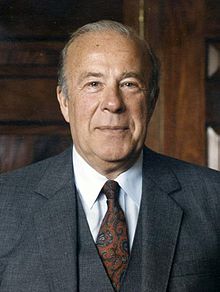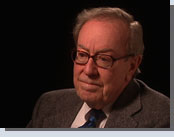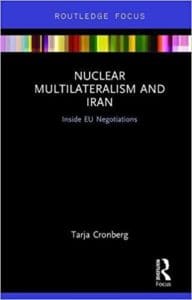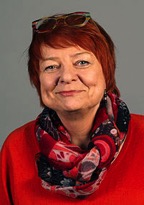Dear Friends,
- The Korean Peninsula remains the only place on earth where the darkest shadows of the Cold War still linger. We call for more active cooperation and efforts of the two Koreas, and also the concerned nations such as the United States, Japan, China and Russia, and international organizations such as the United Nations to pursue inter-Korean reconciliation and cooperation and end the state of war on the Peninsula to bring lasting peace in the region.
- As a modest step to enhance such cooperation, we advocate conversion of the DMZ into a de-mined Peace Park, an environmental reserve for the benefit of all people.
The Alternate Route


Similarly, at the United Nations Third Conference of States Parties and Signatories of Treaties that Establish Nuclear-Weapon-Free Zones and Mongolia, Jonathan Granoff delivered a presentation, entitled “Nuclear Weapons Free Zones: The Power of Success to Be Ignored No Longer.” He stressed the importance of the NWFZs and recommended that “it is time that the entire world became a nuclear weapons free zone”(Video).
Hope Not Fear: Building Peace in a Fractured World


Insecurity Shadows the Iran Deal
Jonathan Granoff is the President of the Global Security Institute, a representative to United Nations of the World Summits of Nobel Peace Laureates, a former Adjunct Professor of International Law at Widener University School of Law, and Senior Advisor to the Committee on National Security American Bar Association International Law Section.

